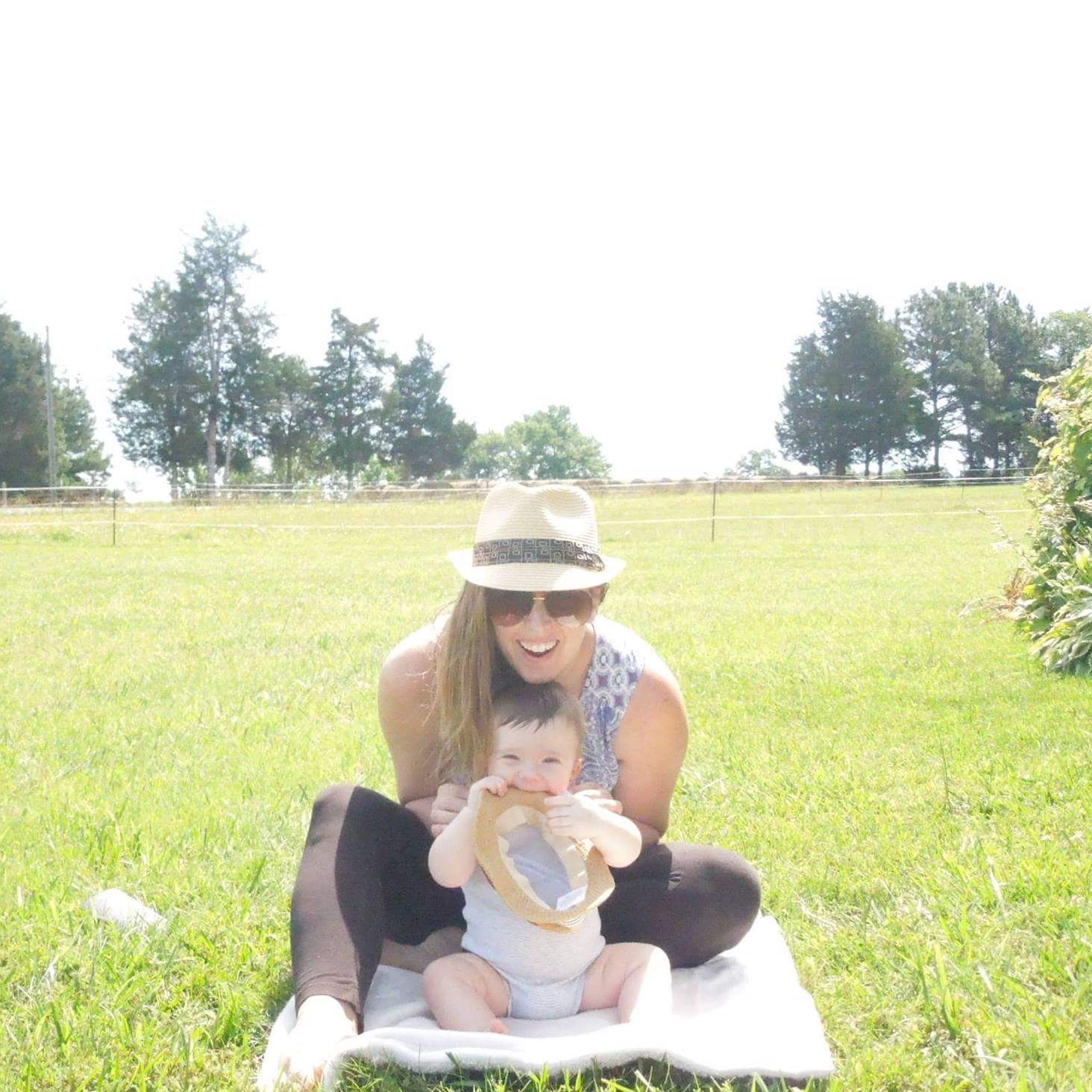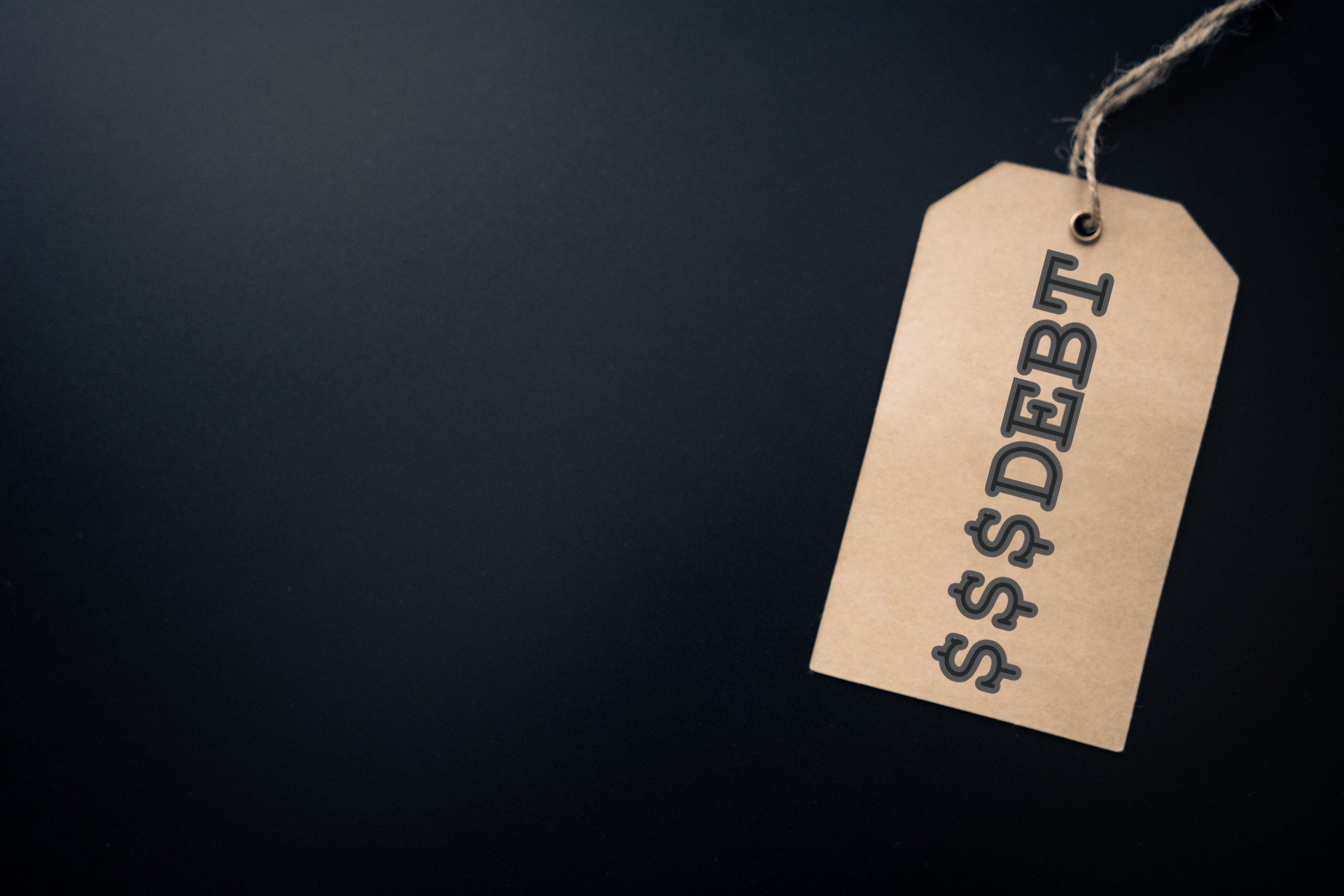According to a new Experian report, the average American has $6,506.00 in credit card debt, which is no surprise to me as we sit in economic uncertainty and live in a culture of consumerism. Most Americans live paycheck to paycheck — 70% to be exact. A majority of Americans don’t have $1,000 in their savings account.
What I was shocked to discover is that most credit card debt isn’t from necessities like food for their families or paying the utility bills. It is from non-essentials like retail shopping and entertainment. Who am I kidding? I am not surprised. Our society has grown to value the material, despite the price. I am devastated because i understand the emotional turmoil that results, but it is a cycle that some find difficult to break. They just don’t have the tools.
But, I do. So, I hope you listen. I am encouraged to enlighten. I am encouraged to educate because simple budgeting steps can overhaul your spending habits and help pay off crippling debt and put an end to the financial anxiety.
Financial Anxiety
Debt not only impacts your credit score, it can lead to a life ripped apart by paralyzing financial anxiety, sending you swirling in emotional chaos as the stacking bills wreak havoc on your psyche. Before you know it, you are avoiding collection calls, leaving bills unopened in fear, opening a new credit card when the old one becomes maxed out, and eventually just telling yourself everyone has credit card debt.
72% of Americans say they feel stressed about money. That leaves 28% that don’t. I would rather fall in the later group. I never met anyone who wanted to face this problem. Then, why not do something about it?
Financial anxiety can ruin your life. It increases your chance of mental health disorders like chronic anxiety and depression, ruins relationships, leads to migraines, heart disease, and reduces your resistance to infections as your immune system becomes compromised from the stress.
You don’t have to live like that. Simple, small steps to alter the way you spend money can set you on the path to build wealth, instead of simply dreaming about it.
Track Your Expenses
Think about where the money goes. All of it, in all it’s ugly glory. The lunch dates, the coffee, parking tickets, childcare, and work snacks. Don’t forget that lunch break shopping trip or Amazon purchase.
There are two types of expenses. Fixed and variable. Fixed expenses are things such as your car payment and mortgage. Variable expenses are things such as your electric bill and dining out. These expenses fluctuate. Use your statements or online transactions to determine an average for the variable expenditures.
Now, write them all down. To get a clear picture of where your money goes, it is recommended you track your expenses over a month long period. Keep a journal to detail each and every expenditure.
Types Of Expenses
Now categorize your expenses into necessities and non-essentials. No, that lunch break retail therapy does not count as mental health therapy. Non-essential category, please.
How did you balance out? More necessities than non-essentials? Great! Now, keep reading because next month might look different. Maybe you fit in the other group. Maybe your non-essentials list is pretty long. In that case, pay attention. Let’s take a look at some numbers for motivation.
Daily Starbucks coffee: $5.50 x 5 days=27.50/week x 52 weeks= $1,430/year
Fancy television programming: $150/month x 12 months= $1,800/year
Lunch dates: consider you eat out daily at $10/day=$50/week=$2,600/year
Window shopping: $25/week x 52 weeks= $1,300/year
Did any of these show up in your list?
Set Expectations, But Be Realistic
It is at this point you set your expectations. If you want to pay off credit card debt you will need to eliminate as many non-essentials as possible. But, the key is to be realistic. Compromise is okay.
Instead of a daily Starbucks run maybe you consider a once a week Starbucks run and use the office Keurig on other days.
Instead of the fancy television programming you opt for a monthly Netflix subscription. I mean, I could watch The Office over and over again. And, don’t get me started on Stranger Things…
Set a spending limit on retail shopping. You may think you need that new blouse, but do you really? Set a monthly limit that fits your budget and stick to it.
The point, after a short time of acclimation you will find you don’t miss the more expensive option. As a matter of fact, you will find opening a smaller credit card bill far more satisfying — addicting even.
Building wealth isn’t easy. It takes time and discipline. Setting yourself up for success requires planning and attention to detail. The first step is getting your spending under control. The next step is paying off debt.
Make it a goal of yours to fall outside the boundaries of the earlier statistics, on the positive side, of course. Then, you will be well on your way to building wealth and creating the life you’ve dreamed of.


